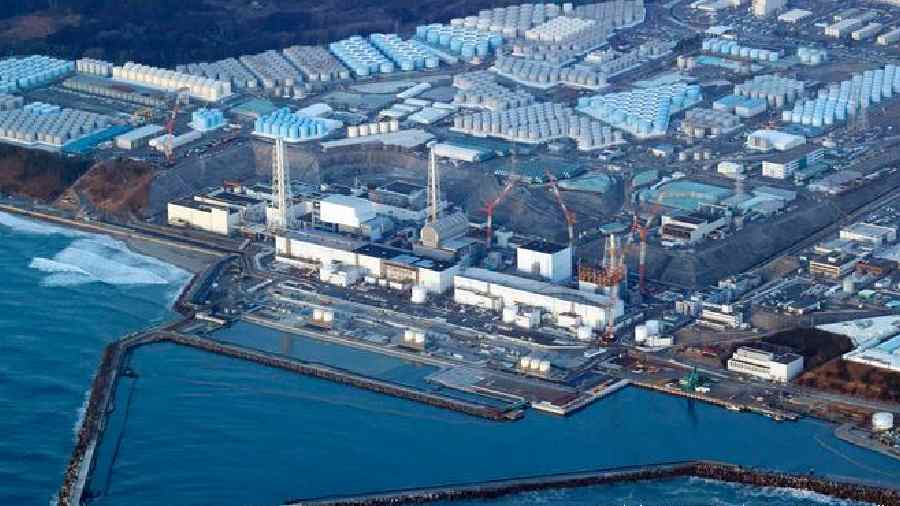Eleven years after an earthquake and the resulting tsunami shutdown the Fukushima nuclear power station, Japanese Prime Minister Fumio Kishida said his country is contemplating extending the operating life of and building a new generation of nuclear power plants.
"Japan needs to bear in mind potential crisis scenarios," Kishida said.
Kishida's announcement at a "green transformation" conference, while speaking remotely due to a positive COVID-19 test, is a departure from previously announced official policy in Japan. By the end of the year, the country will decide on its new policy, he said.
What was Japanese policy regarding nuclear power plants?
After the Fukushima disaster, state policy and public opinion abruptly shifted towards winding down the island nation's use of nuclear power, given the significant seismic activity in Japan. Existing power plants were only to be permitted to remain in use for another 60 years.
After Fukushima, authorities put in place a limit of 40 years on the operating life of nuclear power plants, with an additional 20 years possible if strict safety measures were observed.
By 2030, Japan hopes to reduce nuclear power consumption to account for approximately one-fifth of the country's power, a significant reduction from pre-Fukushima days. By 2050, Japan has stated it hopes to be carbon neutral.
Where does the use of nuclear power in Japan stand at present?
As of late July, Japan had seven operating reactors, with three others offline due to maintenance. The government has announced plans to restart up to nine reactors by winter as well as an additional seven reactors by next summer. Many others are still going through a relicensing process under stricter safety standards imposed after Fukushima. Japan has 33 nuclear reactors.
The government has been pushing for a return to nuclear power usage as global energy supplies come under strain following Russia's invasion of Ukraine and more governments call for a reduction in global emissions.
Japan is presently the world's third largest economy. During extreme heat in the summer, residents were asked to do all they could to conserve power.










